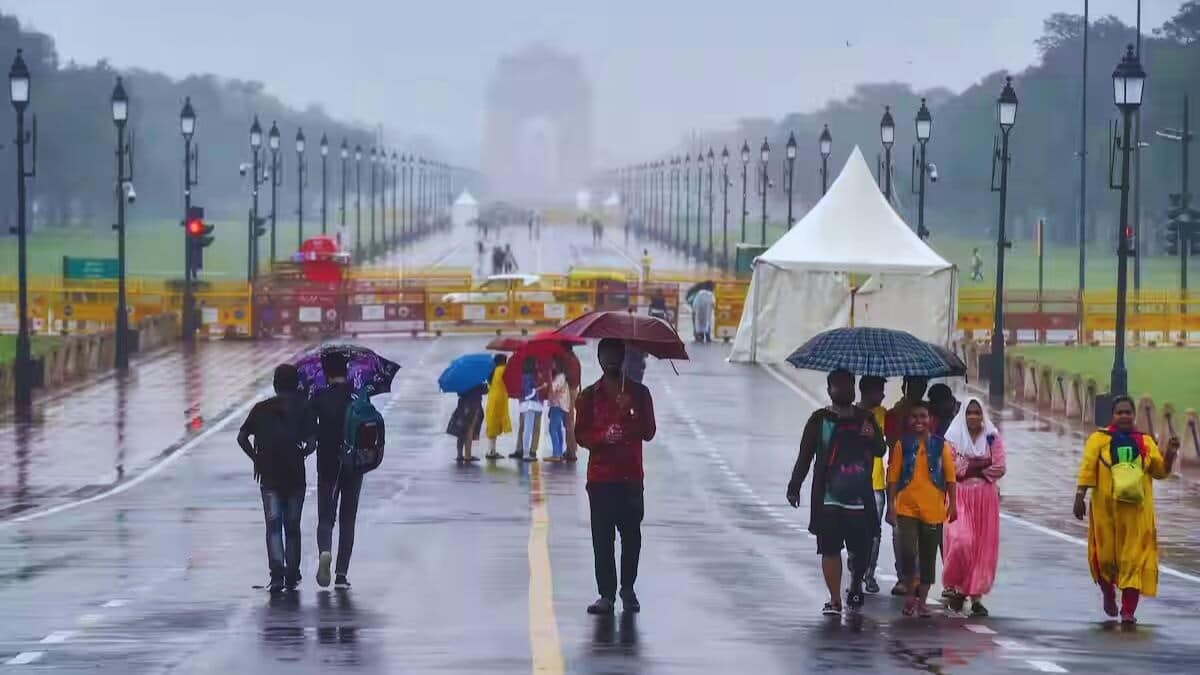
Delhi prepares for artificial rain to combat peak pollution
What's the story
Delhi Environment Minister Gopal Rai has announced plans for artificial rain in the capital between November 1 and 15, a period when pollution levels are expected to peak. This initiative is part of a broader "War Against Pollution" campaign launched by the Delhi government. The minister has written to the Union Environment minister seeking permission for this measure but is yet to receive a response.
Pollution sources
Delhi's pollution reduction and external sources
Rai reported a significant reduction in air pollution in the capital region between 2016 and 2023, with levels dropping by 34.6%. He attributed this improvement to the planting of two crore trees over the past four years. "Rising pollution levels in NCR states have an impact on Delhi. Pollution can be fought only with the cooperation of all agencies and...governments. That is why our government will work on Winter Action Plan on the theme 'Work Together, Fight Pollution'," Rai said.
Pollution control
Special task force and anti-dust campaign to combat pollution
To further combat pollution, a Special Task Force comprising 86 members from various departments will be established. This team will monitor pollution levels in the capital region. Additionally, an anti-dust campaign is set to commence on October 7. The minister also announced the deployment of 85 machine sweepers for roads and 200 mobile anti-smog guns across all assembly constituencies during winter.
Pollution checks
Measures to check vehicle pollution and cracker ban
Rai further announced the formation of 360 teams tasked with checking pollution certificates of vehicles. A "Green War Room" will also be established to tackle air pollution. In addition, a ban on firecrackers will be implemented once a gazette notification is issued, with the Delhi government already imposing a ban on firecrackers until January 1 to mitigate winter air pollution.
Air quality
Delhi's air quality dips into 'poor' category post-monsoon
Following the end of the monsoon season, Delhi's air quality has already deteriorated into the "poor" category, with an Air Quality Index (AQI) of 204 reported on Tuesday evening. The Central Pollution Control Board (CPCB) predicted a "moderate" AQI for Wednesday, potentially improved by light rain. The board identified incomplete combustion of biomass and fossil fuels, particularly from traffic, as primary contributors to Delhi's air pollution.